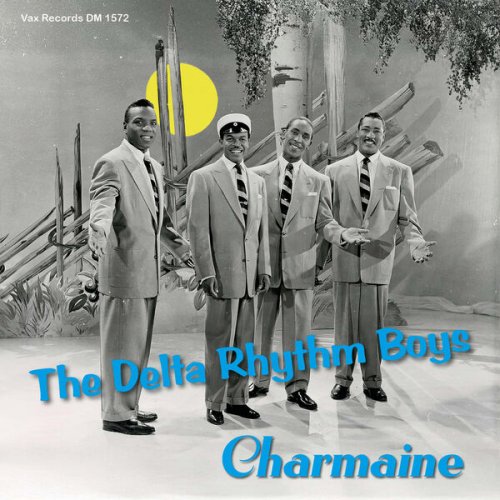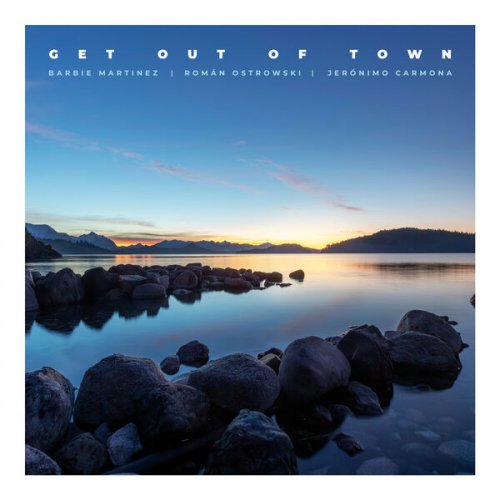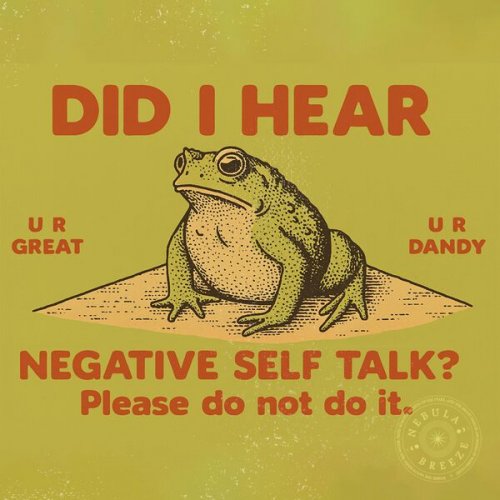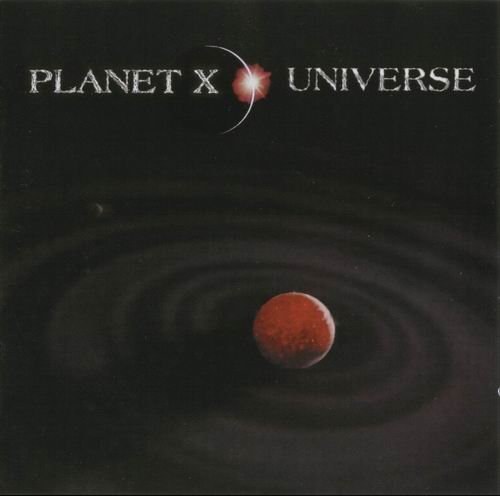Jennifer Pike & Tom Poster - Czech Works for Violin and Piano (2014) [Hi-Res]
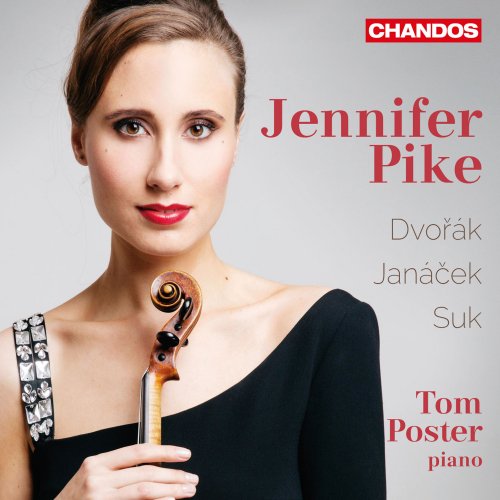
Artist: Jennifer Pike, Tom Poster
Title: Czech Works for Violin and Piano
Year Of Release: 2014
Label: Chandos
Genre: Classical
Quality: FLAC (tracks, booklet) [96kHz/24bit]
Total Time: 1:09:31
Total Size: 1.2 GB
WebSite: Album Preview
Tracklist:Title: Czech Works for Violin and Piano
Year Of Release: 2014
Label: Chandos
Genre: Classical
Quality: FLAC (tracks, booklet) [96kHz/24bit]
Total Time: 1:09:31
Total Size: 1.2 GB
WebSite: Album Preview
1. Sonata, JW 7/7: I. Con moto - Adagio (04:40)
2. Sonata, JW 7/7: II. Ballada. Con moto (04:52)
3. Sonata, JW 7/7: III. Allegretto - Meno mosso (02:42)
4. Sonata, JW 7/7: IV. Adagio (04:52)
5. Dumka, JW 7/4 (06:17)
6. Romance, JW 7/3 (05:18)
7. Allegro, JW 9/9 (03:34)
8. Four Pieces, Op. 17, JSkat 42: I. Quasi ballata. Andante sostenuto (05:12)
9. Four Pieces, Op. 17, JSkat 42: II. Appassionato. Vivace (03:53)
10. Four Pieces, Op. 17, JSkat 42: III. Un poco triste. Andante espressivo (03:46)
11. Four Pieces, Op. 17, JSkat 42: IV. Burleska. Allegro vivace (03:23)
12. Romantic Pieces, Op. 75, B. 150: I. Allegro moderato - Poco meno mosso (03:20)
13. Romantic Pieces, Op. 75, B. 150: II. Allegro maestoso - Meno mosso - Andante (02:33)
14. Romantic Pieces, Op. 75, B. 150: III. Allegro appassionato (02:24)
15. Romantic Pieces, Op. 75, B. 150: IV. Larghetto (06:29)
16. Nocturne, Op. 40, B. 48a (06:08)
The violinist on this recording, Jennifer Pike, has the distinction of being the youngest winner yet of the BBC Young Musician of the Year, which she was awarded in 2002 at the tender age of twelve. This is at least her third disc partnered by pianist Tom Poster and they have established quite a rapport based on their performances here. In this enterprising programme of Czech works, they seem very well suited to Dvořák and Suk, but somewhat less so to Janáček.
The “big” work on this CD is the Violin Sonata Janáček composed in 1914 and, during the next seven years, revised three times before deciding on the form the composition would eventually take. The Allegro of 1916, also on this disc, was to be substituted for the last movement of the sonata, but then was replaced by the Adagio that was the original second movement. This Allegro was not published in Janáček’s lifetime and was first performed only in 1981. The sonata has been taken up by many violinists, most famously by Josef Suk (the composer Suk’s grandson). As I noted in an earlier review of the work by Isabelle Faust and Ewa Kupiec (Harmonia Mundi), Suk’s recording with pianist Rudolf Firkušný (Supraphon) seems superficially fast to me and is also cut. For this new account by Pike and Poster, I compared the Faust/Kupiec and one by Czech artists Petr Messieurer (a founder of the Talich Quartet) and Radoslav Kvapil on Regis.
Messieurer/Kvapil’s rendition is understated compared to the others, but deeply felt. Faust/Kupiec, on the other hand, are much more extrovert and really quite exciting. I still find Kupiec’s piano too legato in the third movement, but otherwise have nothing but praise for their account. Pike/Poster are closer to them than to the Czechs in spirit and overall would earn a solid recommendation were it not for a couple of annoying habits. Whenever the music gets loud, the piano tends to drown out the violin and spoil the otherwise good balance. Also their interpretation is at times too generalized, as they seem to give the work a broad-brush treatment. Both Messieurer/Kvapil and Faust/Kupiec are more convincing in their individual approaches to the sonata.
There is not much competition for the short Allegro, which may be a trifle but is nonetheless mature Janáček. Here my comparison was with Saschko Gawriloff and Gilead Mishory (Tudor) who make a meal of the short piece. Pike and Poster are better, even if Poster dominates at times when he shouldn’t. At any rate, Janáček knew what he was doing when he discarded this movement from the sonata. The other short Janáček pieces are early works not at all representative of the composer as we know and respect him today. Both Dumka and Romance are pleasant enough and in their simplicity receive sympathetic treatment from Pike and Poster, even though Messieurer and Kvapil on their disc are even finer.
The artists here come into their own in the works by Suk and Dvořák. I did not know Suk’s Four Pieces before and found them a delightful surprise. The first of these is designated as Quasi ballata, but is like a dumka in its dark and melancholic nature before bursting into an agitated, even violent section. The second, marked Appassionato, starts as a wild, Slavic dance and then has a lyrical, tuneful second theme, after which the dance returns. Rhythmically, this reminded me of all things a Piazzolla tango. The third piece is appropriately titled Un poco triste, while the last is a light and lively Burleska. Pike and Poster capture the spirit of this music very well and contribute what must be the highlight of the disc.
The Dvořák works that conclude the CD are much better known. The four Romantic Pieces are typical of the composer in their melodiousness and charm. For these I used a favorite album by Gil and Orli Shaham, entitled “Dvořák for Two” (DG), for my comparison. In every piece, the brother-sister duo are faster than their counterparts, even if not my much. For me this worked to their advantage only in the second piece where they really sparkle. Pike and Poster are also very good, but just a little heavier than the music warrants. Elsewhere, though, I prefer them to the Shahams. Pike with her luscious tone melts the heart in the first piece, playing it simply and beautifully. I found it very moving. In the other movements, too, Pike and Poster show much feeling and involvement with the music. The balance between their instruments is also fine here, unlike that in the Janáček Violin Sonata. The disc ends with the Nocturne Dvořák adapted from a discarded slow movement of his Fourth String Quartet. It is often performed by a string orchestra. The violin/piano version here also works, even though I have never found much to admire in the piece.
Chandos has provided its usual first-class production with excellent notes on the works by Graham Melville-Mason. The programme on this disc is self-recommending to anyone who wishes to hear a varied and rather unusual recital of Czech works for violin and piano, even if I have a preference for other recordings of the Janáček sonata.
Leslie Wright
The “big” work on this CD is the Violin Sonata Janáček composed in 1914 and, during the next seven years, revised three times before deciding on the form the composition would eventually take. The Allegro of 1916, also on this disc, was to be substituted for the last movement of the sonata, but then was replaced by the Adagio that was the original second movement. This Allegro was not published in Janáček’s lifetime and was first performed only in 1981. The sonata has been taken up by many violinists, most famously by Josef Suk (the composer Suk’s grandson). As I noted in an earlier review of the work by Isabelle Faust and Ewa Kupiec (Harmonia Mundi), Suk’s recording with pianist Rudolf Firkušný (Supraphon) seems superficially fast to me and is also cut. For this new account by Pike and Poster, I compared the Faust/Kupiec and one by Czech artists Petr Messieurer (a founder of the Talich Quartet) and Radoslav Kvapil on Regis.
Messieurer/Kvapil’s rendition is understated compared to the others, but deeply felt. Faust/Kupiec, on the other hand, are much more extrovert and really quite exciting. I still find Kupiec’s piano too legato in the third movement, but otherwise have nothing but praise for their account. Pike/Poster are closer to them than to the Czechs in spirit and overall would earn a solid recommendation were it not for a couple of annoying habits. Whenever the music gets loud, the piano tends to drown out the violin and spoil the otherwise good balance. Also their interpretation is at times too generalized, as they seem to give the work a broad-brush treatment. Both Messieurer/Kvapil and Faust/Kupiec are more convincing in their individual approaches to the sonata.
There is not much competition for the short Allegro, which may be a trifle but is nonetheless mature Janáček. Here my comparison was with Saschko Gawriloff and Gilead Mishory (Tudor) who make a meal of the short piece. Pike and Poster are better, even if Poster dominates at times when he shouldn’t. At any rate, Janáček knew what he was doing when he discarded this movement from the sonata. The other short Janáček pieces are early works not at all representative of the composer as we know and respect him today. Both Dumka and Romance are pleasant enough and in their simplicity receive sympathetic treatment from Pike and Poster, even though Messieurer and Kvapil on their disc are even finer.
The artists here come into their own in the works by Suk and Dvořák. I did not know Suk’s Four Pieces before and found them a delightful surprise. The first of these is designated as Quasi ballata, but is like a dumka in its dark and melancholic nature before bursting into an agitated, even violent section. The second, marked Appassionato, starts as a wild, Slavic dance and then has a lyrical, tuneful second theme, after which the dance returns. Rhythmically, this reminded me of all things a Piazzolla tango. The third piece is appropriately titled Un poco triste, while the last is a light and lively Burleska. Pike and Poster capture the spirit of this music very well and contribute what must be the highlight of the disc.
The Dvořák works that conclude the CD are much better known. The four Romantic Pieces are typical of the composer in their melodiousness and charm. For these I used a favorite album by Gil and Orli Shaham, entitled “Dvořák for Two” (DG), for my comparison. In every piece, the brother-sister duo are faster than their counterparts, even if not my much. For me this worked to their advantage only in the second piece where they really sparkle. Pike and Poster are also very good, but just a little heavier than the music warrants. Elsewhere, though, I prefer them to the Shahams. Pike with her luscious tone melts the heart in the first piece, playing it simply and beautifully. I found it very moving. In the other movements, too, Pike and Poster show much feeling and involvement with the music. The balance between their instruments is also fine here, unlike that in the Janáček Violin Sonata. The disc ends with the Nocturne Dvořák adapted from a discarded slow movement of his Fourth String Quartet. It is often performed by a string orchestra. The violin/piano version here also works, even though I have never found much to admire in the piece.
Chandos has provided its usual first-class production with excellent notes on the works by Graham Melville-Mason. The programme on this disc is self-recommending to anyone who wishes to hear a varied and rather unusual recital of Czech works for violin and piano, even if I have a preference for other recordings of the Janáček sonata.
Leslie Wright

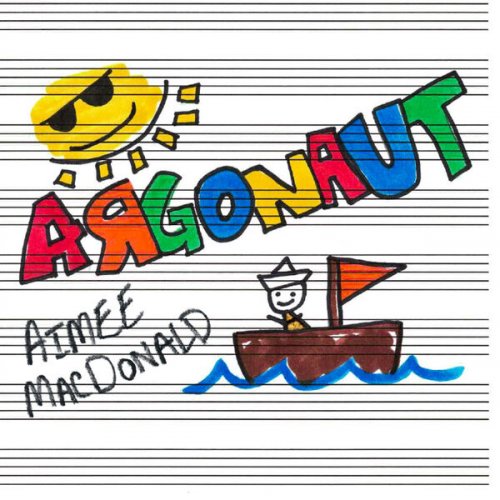
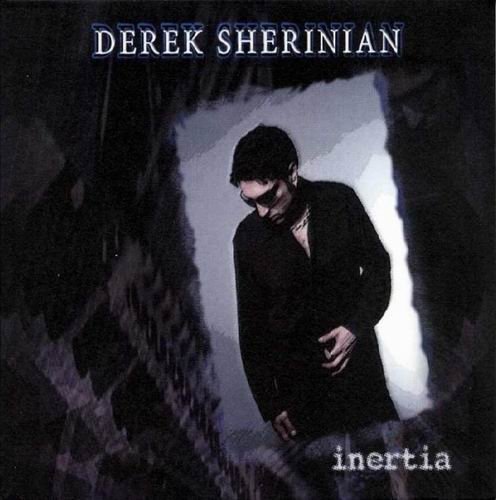
![Machito and His Orchestra - Irving Berlin in Latin America (Remastered Edition 2025) [Hi-Res] Machito and His Orchestra - Irving Berlin in Latin America (Remastered Edition 2025) [Hi-Res]](https://www.dibpic.com/uploads/posts/2025-12/1765784965_moib.jpg)
